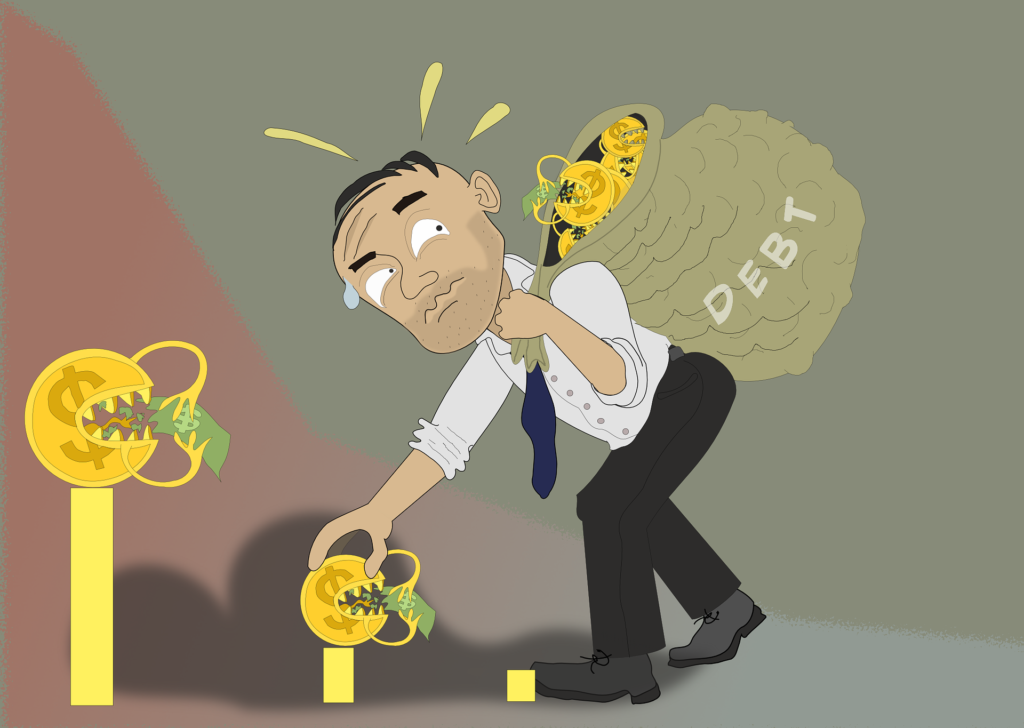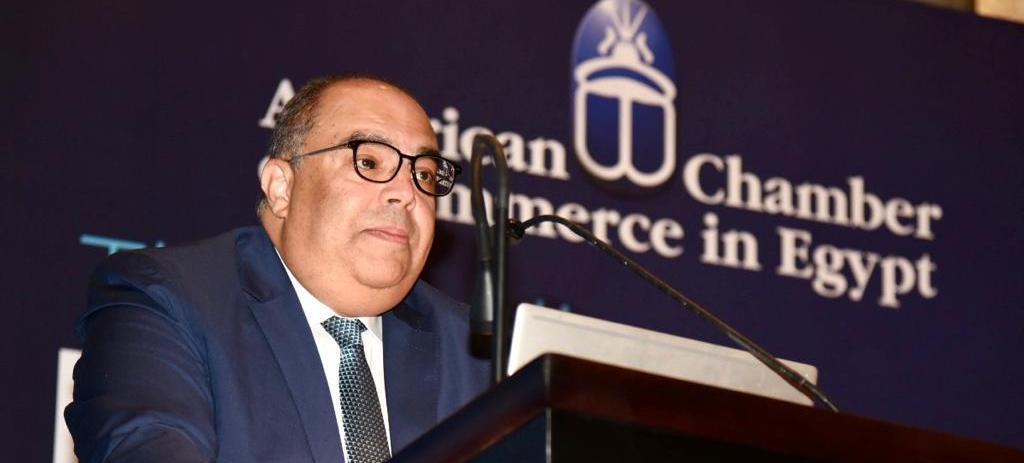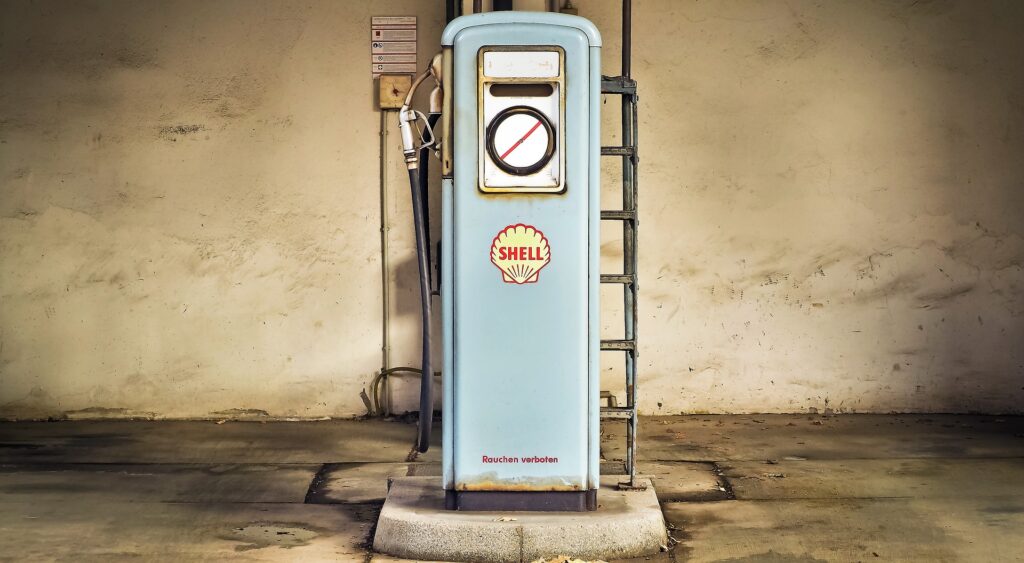It’s official: Inflation in Egypt is the highest since records began in the 1950s. In June, it reached an annual rate of 35.7% compared to 32.7% in May. Core inflation, which excludes energy and food, reached 41%. Analysts speaking to Reuters forecast the record reading, citing an “unfavorable base effect” since the previous year and greater demand during the Eid al- Adha holiday.
Amplifying domestic inflation is the Central Bank (CBE) keeping its overnight interest rate at 18.25% (The second highest since 2017) since April. That and inflation negatively affect GDP growth prospects, deflating consumer sentiment. “Real GDP growth is expected to slow down in fiscal year 2022/2023 compared to the previous fiscal year,” said a June note from the CBE’s Monetary Policy Committee.
Businesses warn of a worse situation on the ground. “People say we are in a recession,” Hesham Radwan, general manager and managing director at Danone Egypt and Northeast Africa, told AmCham Egypt in June. “In the first quarter of the year, we saw stagflation [rising prices, dwindling demand], which is most challenging for any corporation.”
Regional context
Nihal El Koussi, managing director of NielsenIQ for North Africa and the Levant, said her company’s research shows Egypt is in the global “mid-tier” (66%) when it comes to consumers thinking there is a recession, about the same as the worldwide average.
Singapore has the lowest global score (43% of residents surveyed say the country is in a recession). Meanwhile, South Korea, Turkey, and Chile have the highest, at 79%. In the Middle East and Africa, Saudi Arabia (41%) and South Africa (43%) are below Egypt.
This perception is shaping “spending realities,” said El Koussi. NielsenIQ research shows 53% of surveyed residents in Egypt said they “only have enough for food, shelter, and basics.” That is significantly higher than the global average (38%), Saudi Arabia (24%), and South Africa (26%). It is lower than in Turkey, where 58% of respondents feel their budget have tightened.
Stressful times have affected spending priorities in “unexpected ways,” said El Koussi. NielsenIQ Research shows the top global spending priority is on “mental wellness” and “physical wellness.” Nearly 46% of those surveyed globally said they would invest in one. Those two categories “include work-life balance, entertainment, eating healthy and working out,” he said. “It is not just about going to doctors.”
The NielsonIQ report found half of Egyptian residents surveyed prioritized at least one of those, if not both. Saudi Arabia, Turkey and South Africa also registered above the global average. El Koussi said, “What was news is that Egypt residents prioritized mental and physical health.”
A close third was “financial and job security,” with just under 46% of those surveyed saying it was a priority. In Egypt, it was 60%. Saudi Arabia, Turkey and South Africa also surpassed the global average.
“Saving for unforeseen circumstances” came in fourth, averaging 44% of respondents globally. That compared to 58% for Egypt. Turkey and Saudi Arabia reported lower scores than Egypt but higher than the global average. South Africa had a higher score on both priorities. “The financial part is natural, given the economic situation,” said El Koussi.
Shaping those sentiments and priorities is concern about food, where 40% globally are worried about it versus 50% in Egypt. Only Saudi Arabia (36%) is less concerned than Egypt. Turkey and South Africa registered 54% and 51%, respectively.
Utility costs, the economic downturn, COVID-19, and fuel and transportation are minor concerns, never exceeding 22% globally or regionally in the NielsonIQ report. Only Turkey (52%) registered significant concern over the economic downturn, 52%, compared to the global average (20%), Saudi Arabia (12%), Egypt (17%) and South Africa (19%).
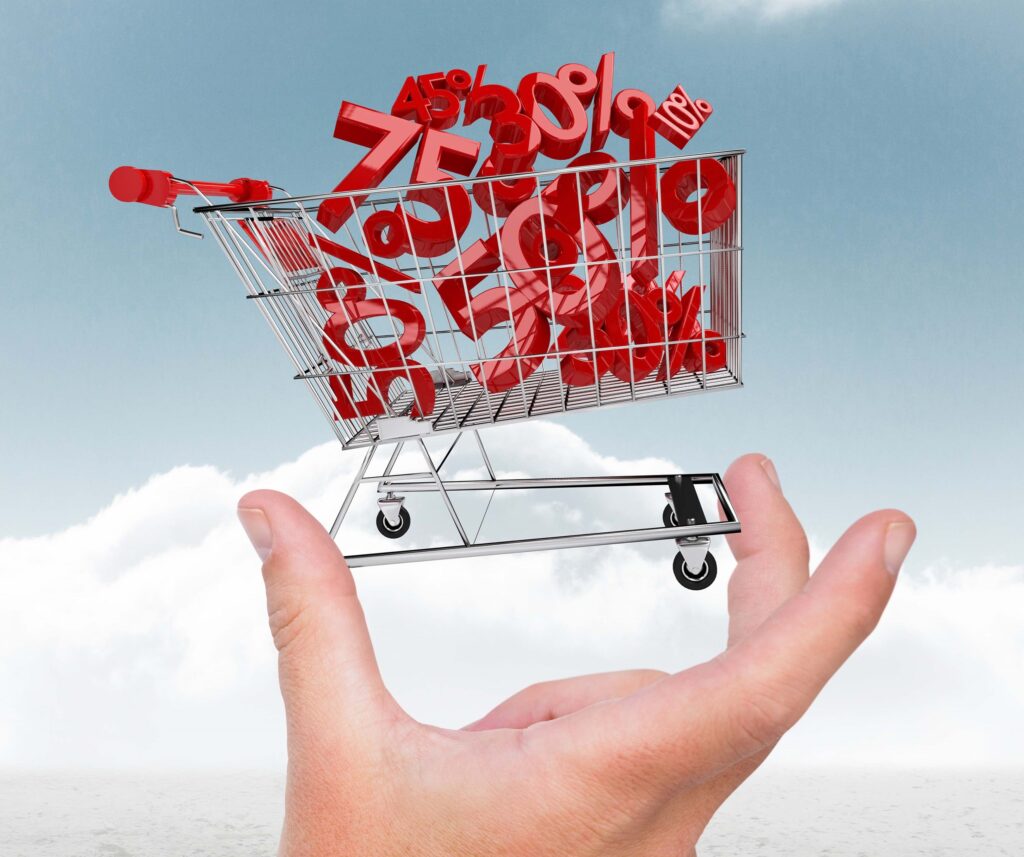
Egyptian consumers
In Egypt, rising prices are putting pressure on consumers to maintain their lifestyles and habits.
Egyptians cut spending on eating out, entertainment, home improvement, and food delivery by 50% or more. The category least affected was clothes and apparel (43% drop).
Local consumers also said they are scrutinizing grocery spending. The NielsenIQ report said the affected categories include snacks, preserved food and meal kits, frozen food and personal care products, in favor of fresh fruits and vegetables, dairy and baby products.
Those cuts are likely in anticipation of higher utility bills and groceries (fresh produce, fresh meat and dairy, among others), transportation and education. The NielsenIQ report says local consumers expect to pay as much as 39% more on those product categories.
Those budget cuts haven’t been enough to reduce consumers’ monthly spending in 2023. NielsonIQ estimated the “average monthly [spending] increased 8.5% from last year across social classes.” That is mainly because of rising prices for food and vegetables, which comprise 29% of Egyptians’ spending budget, making it the dominant component.
Despite tightening budgets, changes in consumption patterns and spending aren’t affecting purchases of luxury (at least twice as expensive as average prices) and super premium (at least 60% more expensive) food and non-food items.
However, demand for premium food and non-food items (at least 20% more expensive than average prices) dropped in favor of mainstream goods costing between 80% and 120% of average prices. Less expensive mass and economically priced products saw weaker demand as some consumers upgraded to the mainstream category despite rising costs.
El Koussi added that surveyed Egyptians with families “will not compromise when spending on their kids.” That means tightening their budgets elsewhere.
The report found that in the first quarter of this year, more Egyptians were shopping at wholesale outlets or shops with store-exclusive offers. They also were less likely to buy in bulk.
Additionally, the preference was for local brands, especially when buying “biscuits, noodles, diapers, skin care products, cheese, and ice cream.” “They are usually cheaper, and imported brand availability is low,” said El Koussi.
She said those consumption patterns “show Egyptian consumers don’t downgrade just because prices increase.” Instead, NielsonIQ’s report found they prefer to stop buying a product altogether or look for smaller packages of their favored brands. “They are demonstrating agile adaptation to inflation,” said El Koussi. “They are outsmarting the situation.”
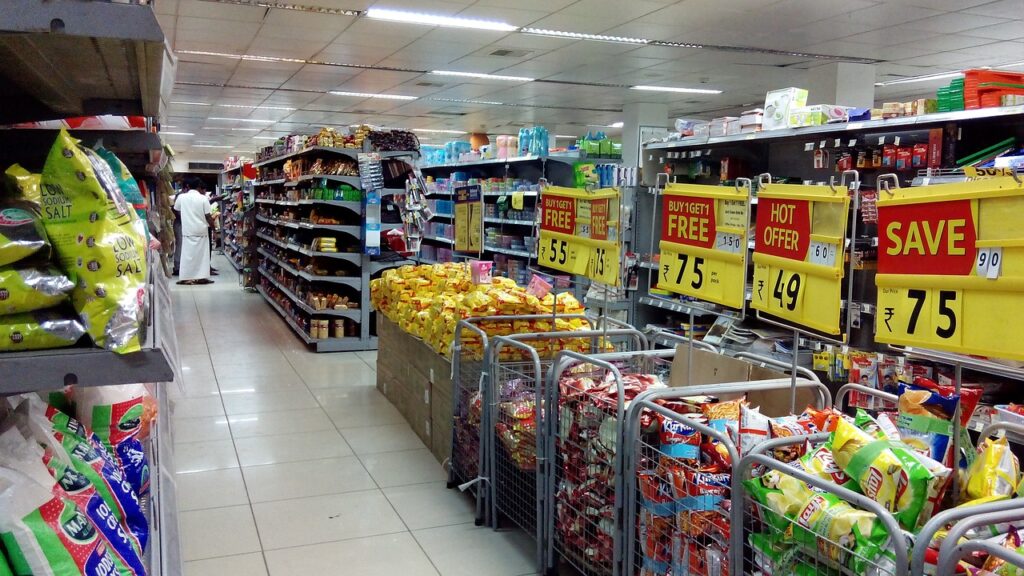
Reacting to change
Egypt-based companies are familiar with shifting consumption patterns. “Since 2011, realities have been changing and headwinds increasing,” said Dalia Salib, Mars Egypt’s general manager. “Resilience among producers to navigate those challenges has been increasing. But so has the magnitude and scale of changes.”
Salib said the first step is to “identify the lessons we learned from past changes, particularly after the 2016 devaluation,” citing continuing to invest in brands even when the economy suffers. “We made that mistake in 2016,” she said. “We will not do it again.”
Another critical factor is “anticipation, to stay two steps ahead with detailed scenarios.” Each company needs to carefully identify potential risks and how to mitigate them. Companies operating in dire economic conditions should “not do everything at once to recover. They need to [seamlessly] feed into the next phase of their plan.”
Lastly, those plans and scenarios need to be flexible. “In the second and third quarters of 2022, we expected volumes to drop because of rising prices. They didn’t,” said Salib. “That happened suddenly in the last quarter of 2022 and the first quarter of 2023. We make our forecasts and analysis for every quarter. This time next year, I may have completely different insights given the unpredictability of the economic outlook and consumer sentiment.”
Mars, whose products are usually impulse purchases, focuses on increasing sales volume rather than raising prices to increase revenue. That meant increasing the products’ visibility in existing shops. It also increased the size of its distribution network and offered more affordable products, new flavors, and packages to appeal to a broader market segment.
The company also offered limited edition products before the start of Ramadan. Additionally, Mars adapted its branding, themes, and CSR marketing strategy for the customer to “fully interact with the brand.”
For Hesham Radwan, General Manager of Danonne Egypt and Northeast Africa, the key strategy is “focusing the innovation” on particular products. “Being selective creates value for the consumer,” he said. “It changes with the nature of the product and consumer income and geography.”
On the ground, Danone has two product lines. One is for rural areas, the other for urban ones. “There is a difference in products, sizes, and price points to cater to varying purchasing powers.”
The company also developed an innovative micro-distributor model to ensure its products reach Egypt’s most remote and impoverished areas where there is almost no competition. Radwan also stressed his company varies investments in distribution channels to balance volume and profitability.
Danone also started raising prices and decreasing package sizes to manage its portfolio amid inflation. However, Radwan warned it is a tricky balance, as downsizing too much could drive customers away. On the other hand, increasing prices to retain package sizing could make the product too expensive.
He also noted the importance of having constant promotions to reduce the price per unit and being “brutal and honest” when discontinuing low-volume or unprofitable products.
Danone also innovates in specialized or niche products, such as yogurt that helps with digestion or sweet treats for kids with vitamins. “A company needs to increase and drive the superiority of such products, making bold claims and ensuring they deliver,” he said.
While exports could help maintain a company’s production levels, Radwan said, the benefits are limited in some cases, such as with Danone, which produces dairy products.
Uncertainty
Despite companies’ best efforts, there is significant uncertainty when forecasting what local consumers might do next in response to Egypt’s economic uncertainties. “What is unclear is whether [those consumption trends] will be a [new] reality or temporary,” said El Koussi. “Earlier, we saw in Turkey … their spending started growing back, supporting the argument that those drops were temporary and contingent on high prices and salaries that are unable to cope.”
That uncertainty means that when companies innovate and experiment with new directions to sustain sales, they “must approach such innovation very carefully,” El Koussi said. “Ideally, companies should first test their new ideas on non-key products with low penetration.”



